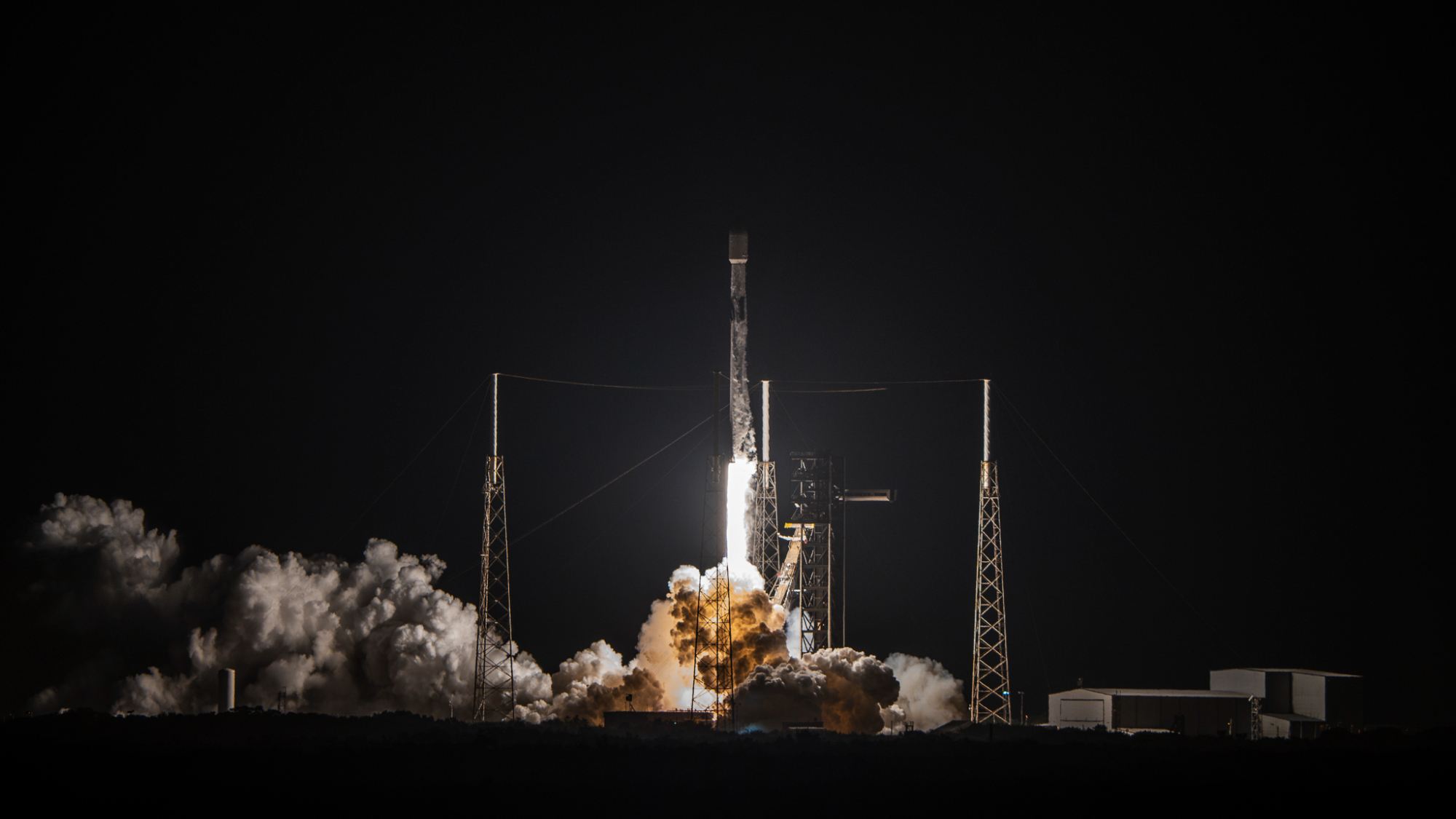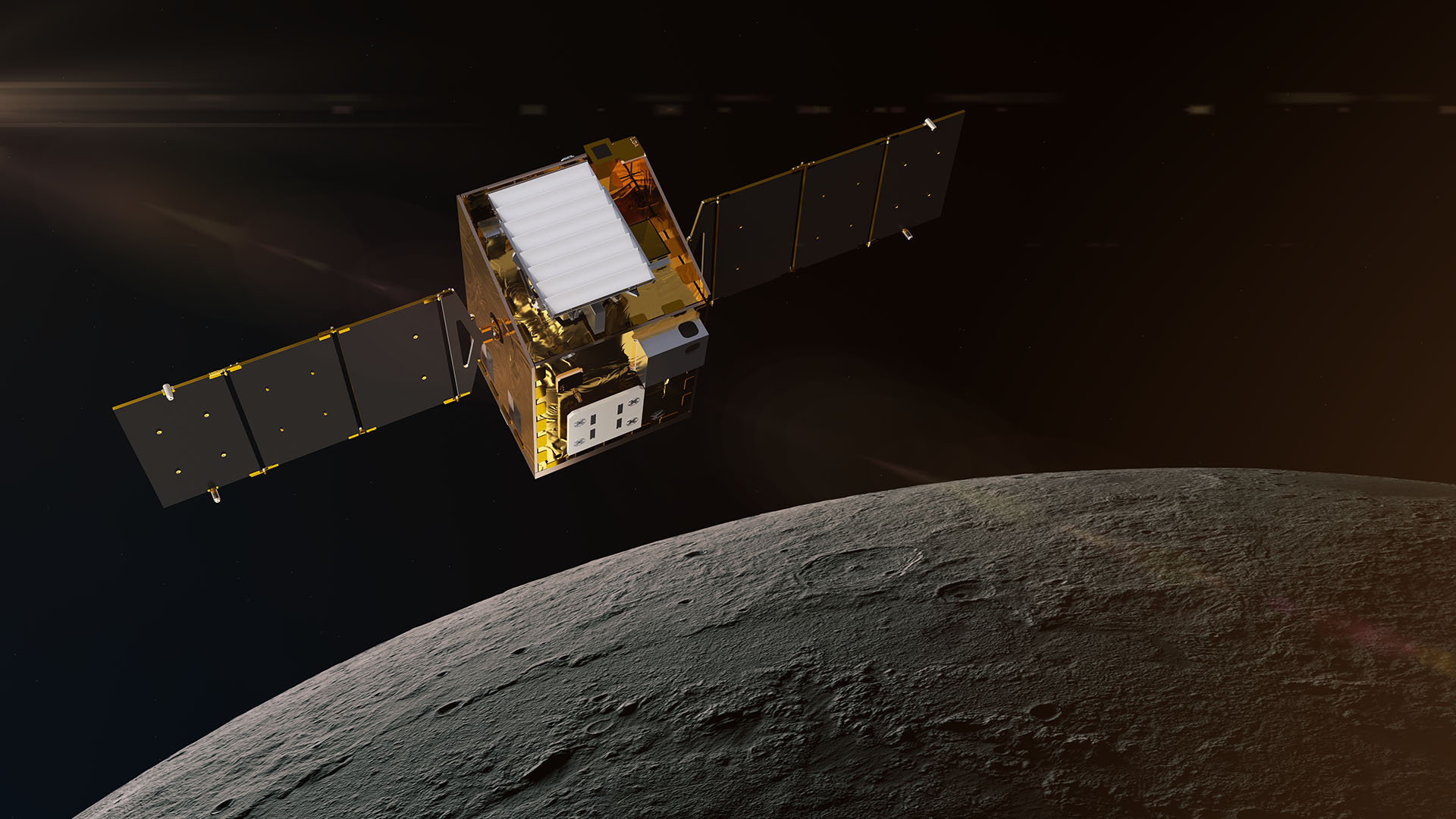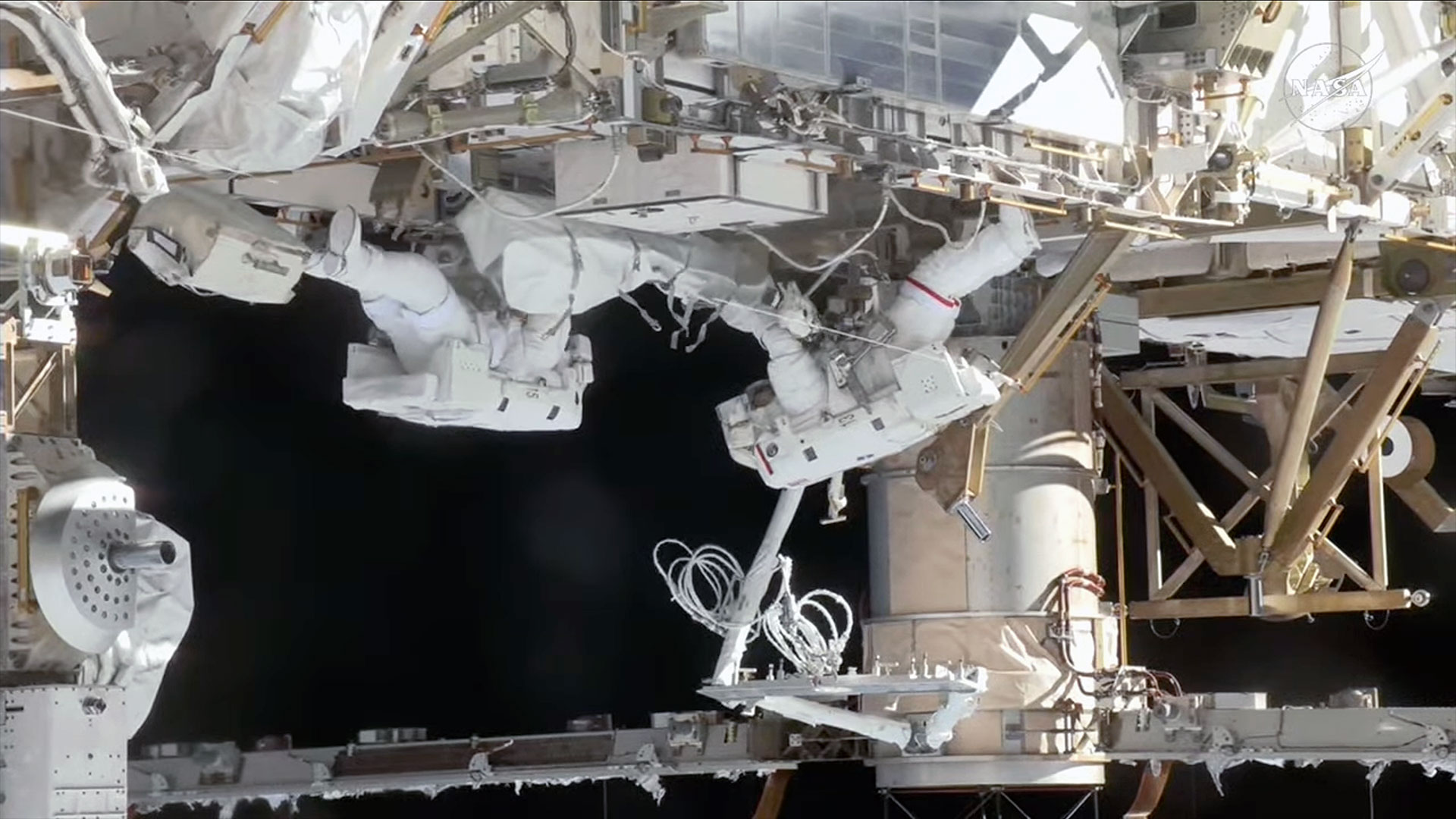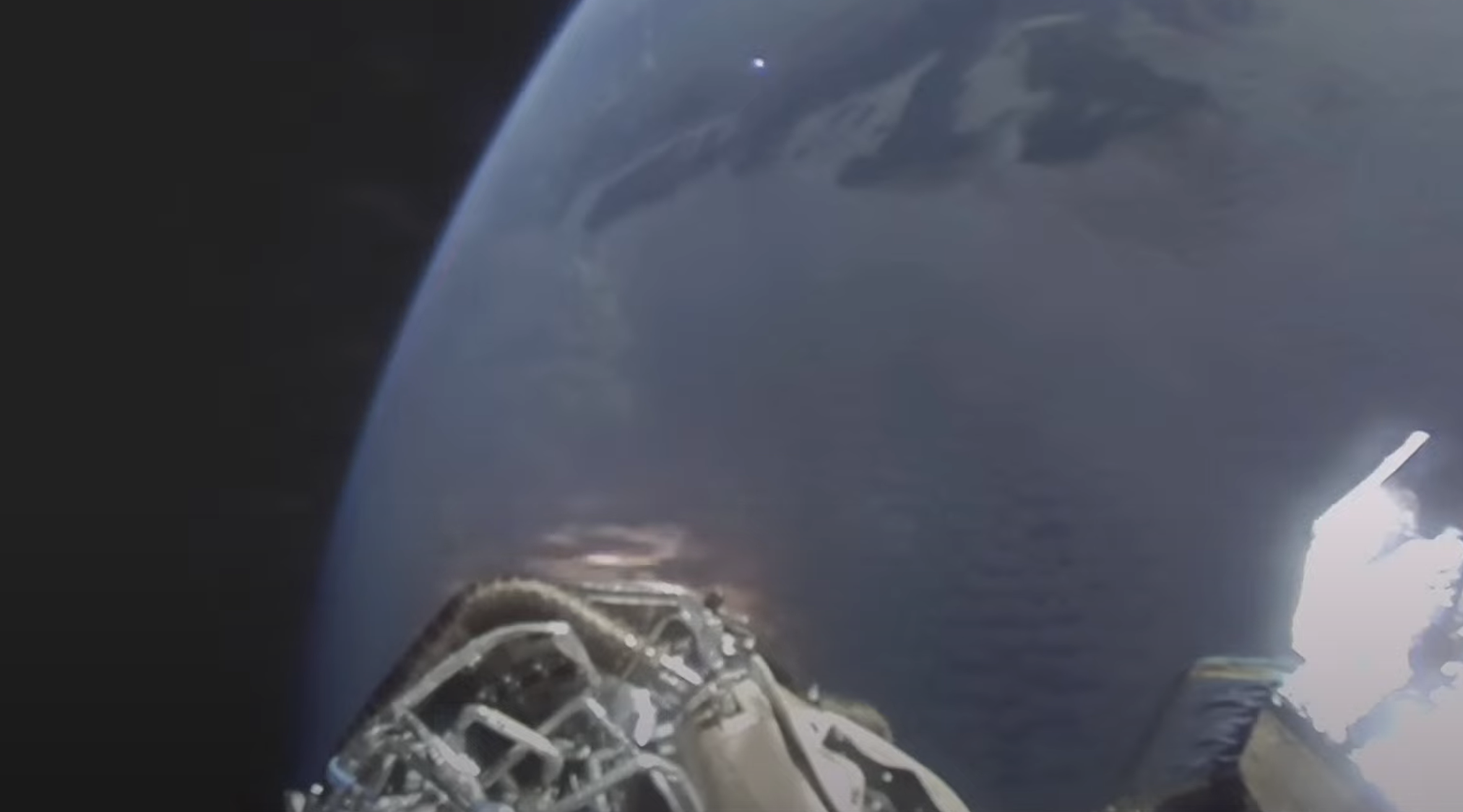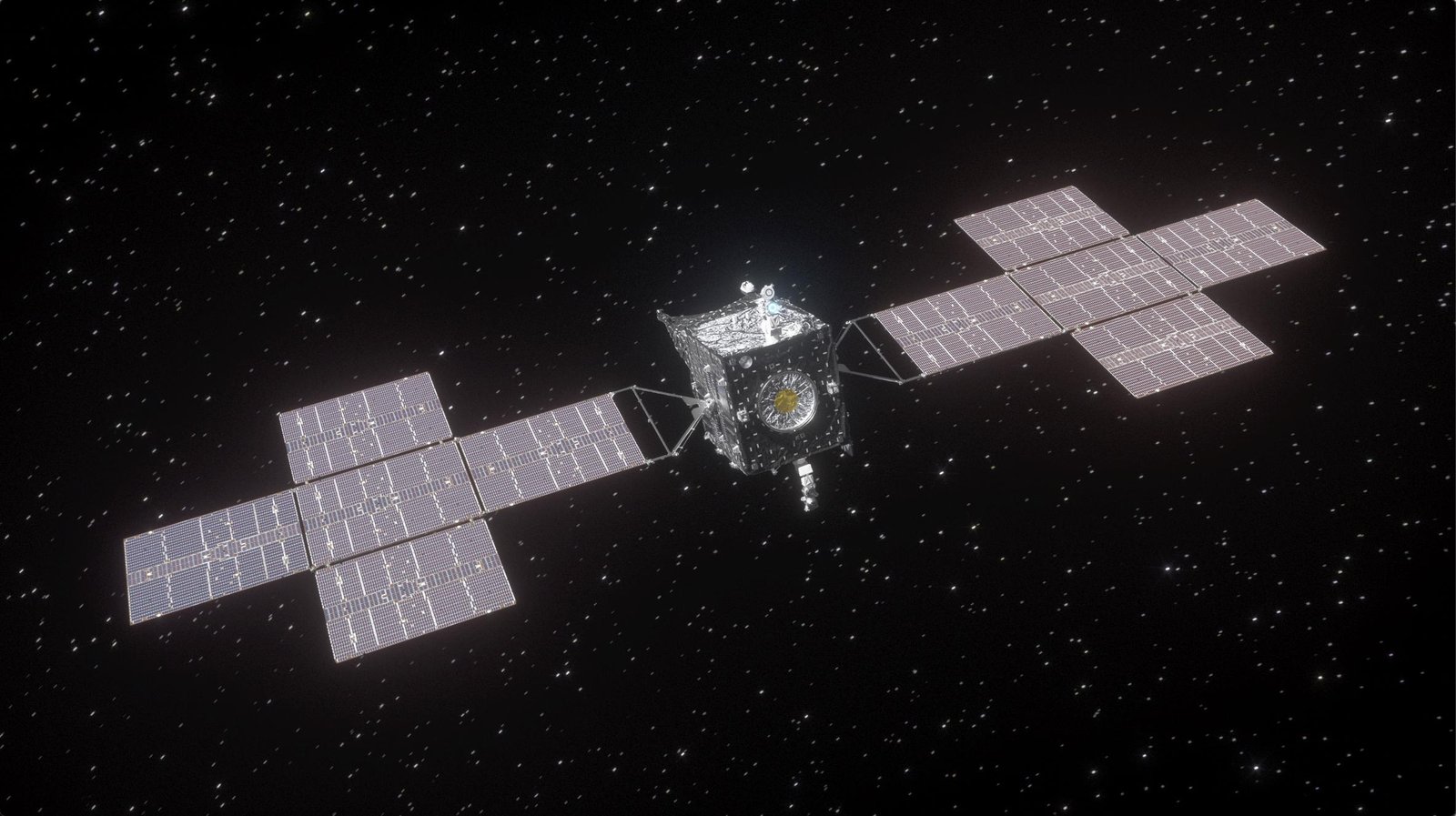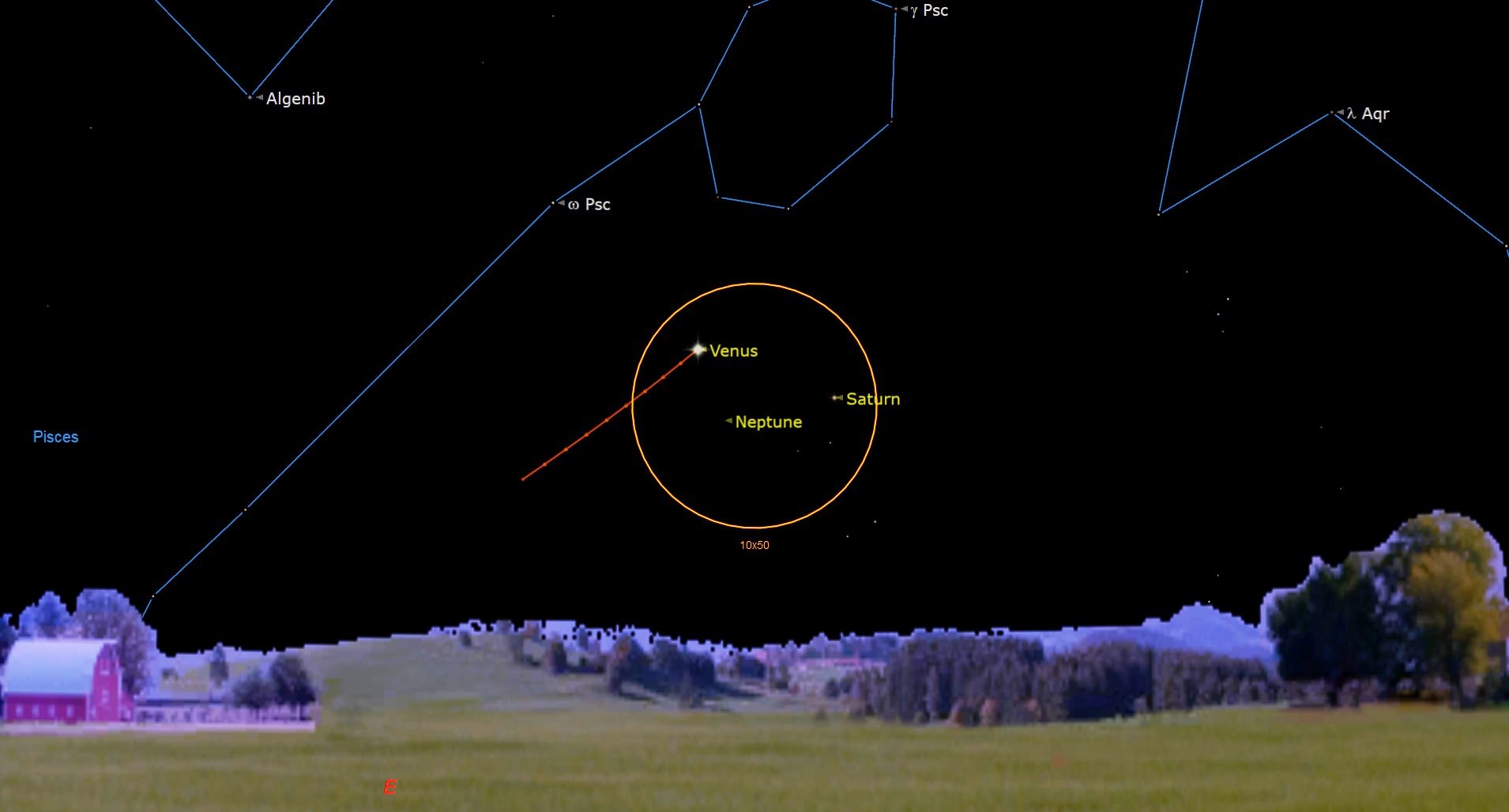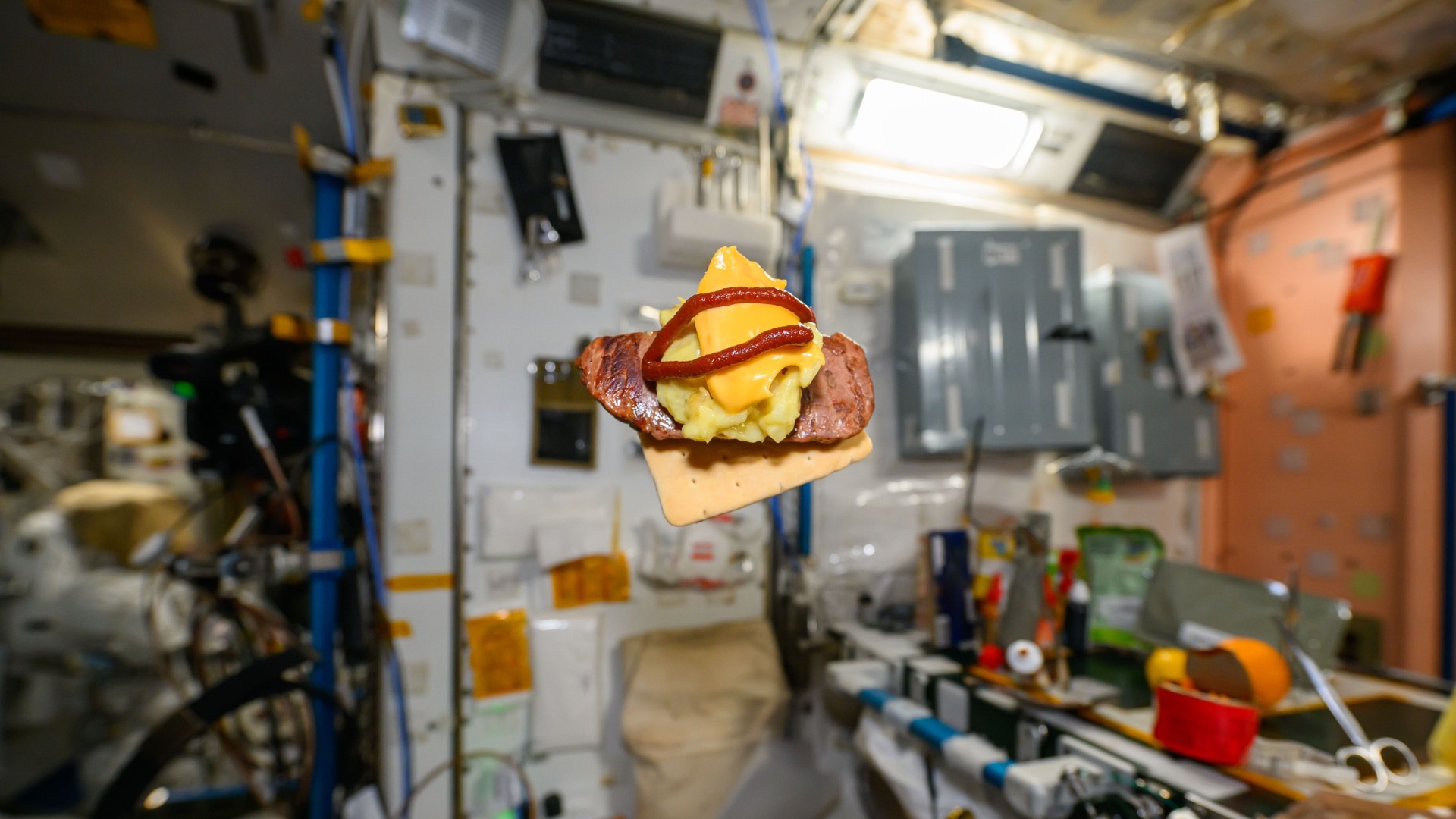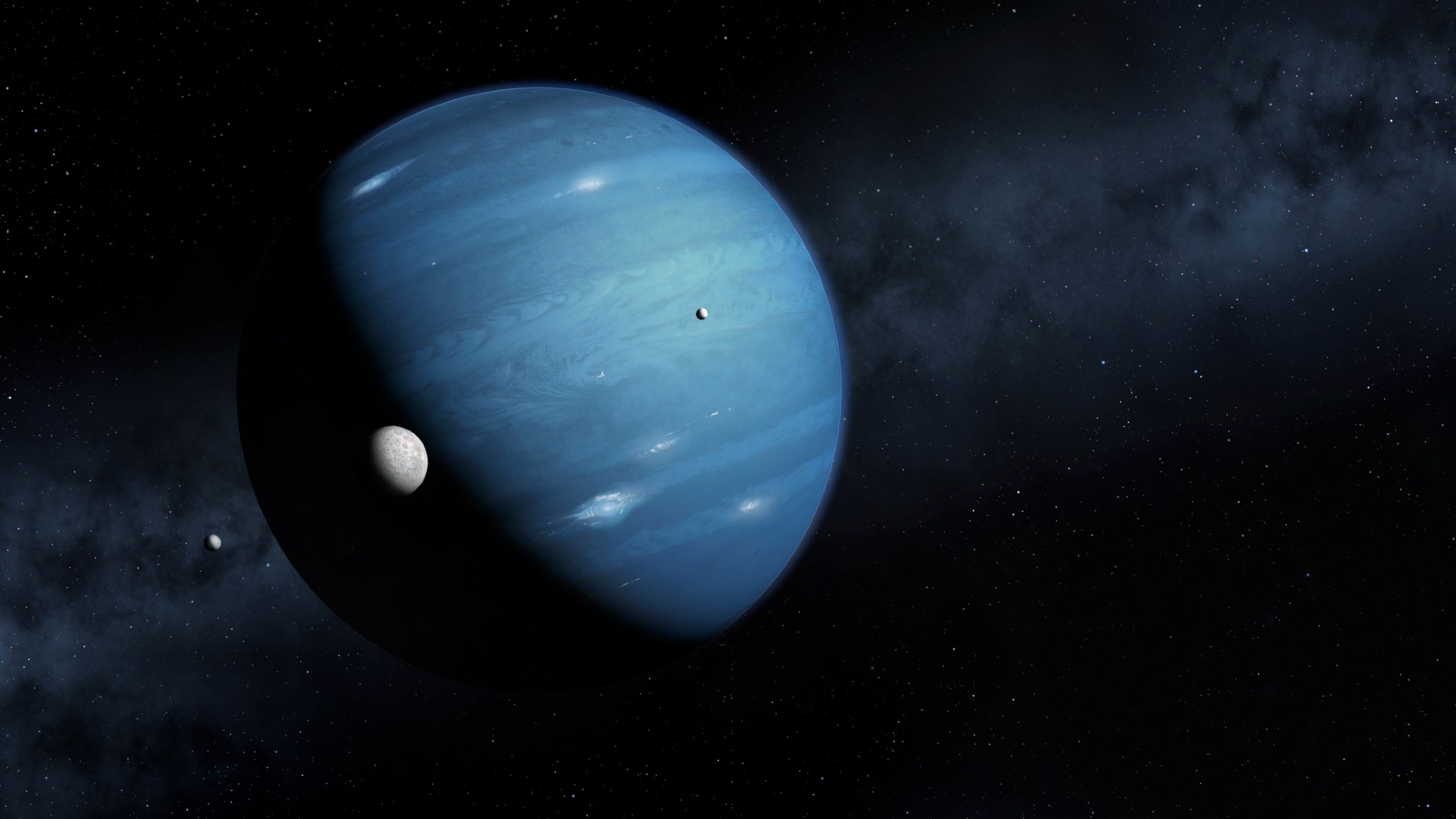Spaceflight May Compromise Immune System, Study Finds
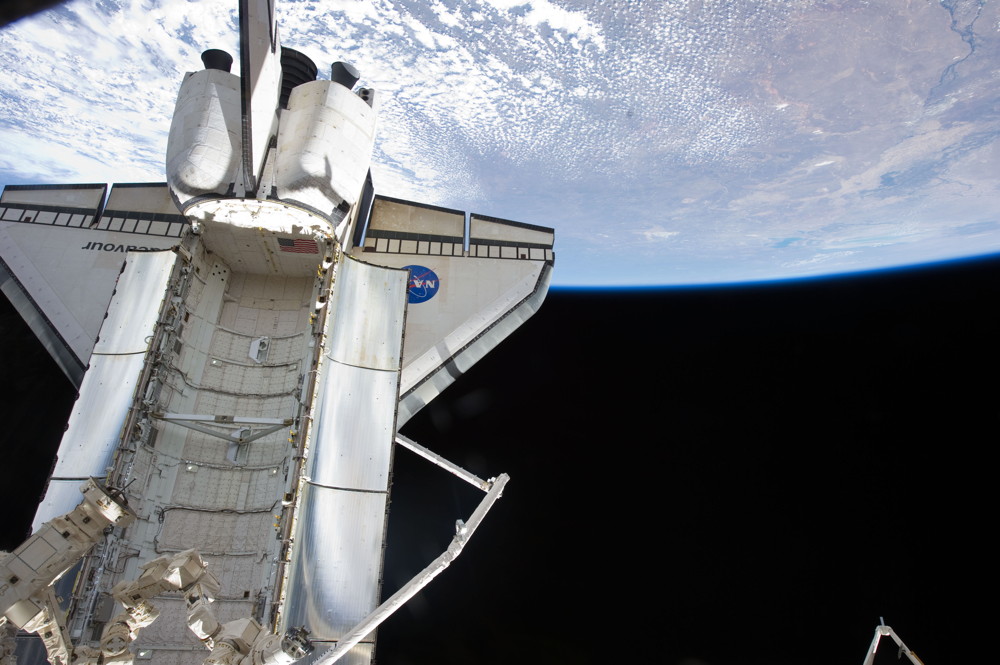
Space is hardly an ideal place to become ill, and because of this, astronauts take precautions to avoid getting sick before a mission. But a long journey in space may actually compromise the immune system and make astronauts more susceptible to disease, a new study suggests.
The results show flying in space reduces the integrity of antibodies, making them less able to fight off disease.
The study was conducted in salamanders, and it's not clear if the same thing happens in humans. But the findings agree with those of several earlier studies on astronauts that have suggested space travel weakens the immune system.
The study "reinforces the need" to develop effective drugs or nutritional measures to bolster a weakening immune system, said study researcher Jean-Pol Frippiat, of the Université Henri Poincaré-Nancy in France.
Salamanders in outer space
Antibodies are proteins produced by the body's immune system to help fight off foreign invaders, such as bacteria and viruses. The antibody will bind to a specific part of the organism, and this target is known as the antigen. To make antibodies that bind tightly to antigens, antibodies mutate their genes at a high rate via a process called somatic hypermutation.
Frippiat and his colleagues used salamanders to study spaceflight's effects on somatic hypermutation. These amphibians use the same cellular mechanisms to generate antibodies as humans do. [6 Everyday Things That Happen Strangely in Space]
Get the Space.com Newsletter
Breaking space news, the latest updates on rocket launches, skywatching events and more!
One group of salamanders remained on Earth and one was sent to space. The researchers then immunized the animals by injecting them with a cow protein. The salamanders should create antibodies to bind to this protein.
The salamanders in space carried out somatic hypermutation at a lower frequency than did the salamanders on the ground. That means that the quality of the antibodies in space was reduced and these salamanders would be less able to fend off invaders, Frippiat said.
Role of gravity
The study "brings together yet more evidence that the immune system is dependent on gravity," Millie Hughes-Fulford, a NASA science astronaut and molecular biologist, said in a statement.
"Dependence on gravity should be no surprise since all of Earth's jawed vertebrates developed in Earth's gravity, and it would be logical to expect that some systems would require gravity for normal function," Hughes-Fulford said.
The study is published online in the FASEB Journal.
This story was provided by MyHealthNewsDaily, a sister site to SPACE.com. Follow MyHealthNewsDaily staff writer Rachael Rettner on Twitter @RachaelRettner.
Join our Space Forums to keep talking space on the latest missions, night sky and more! And if you have a news tip, correction or comment, let us know at: community@space.com.

Rachael was a Senior Writer for Space.com sister site Live Science. She has a masters degree in journalism from New York University's Science, Health and Environmental Reporting Program. She also holds a Bachelor of Science in molecular biology and a Master of Science in biology from the University of California, San Diego. Her work has appeared in Scienceline, The Washington Post and Scientific American.

